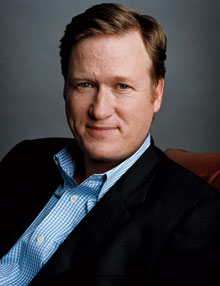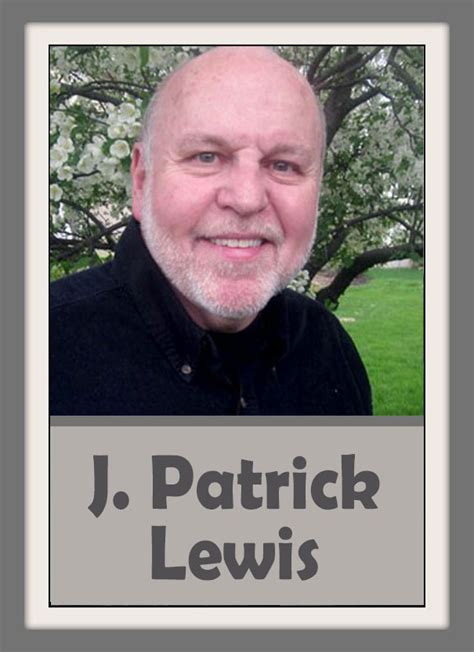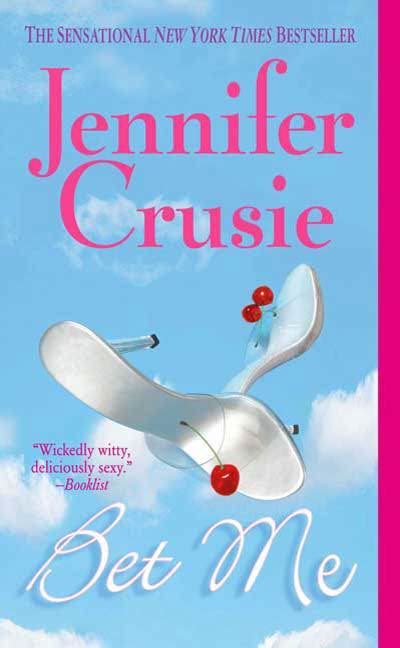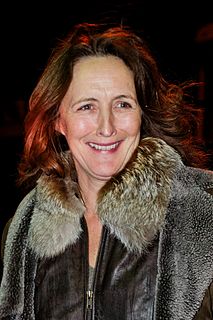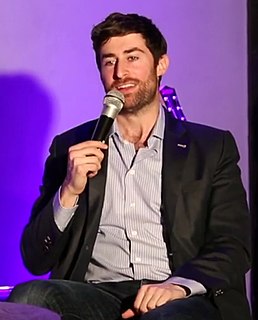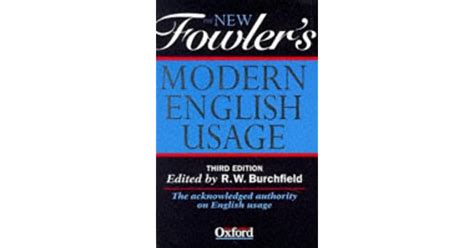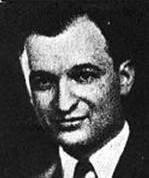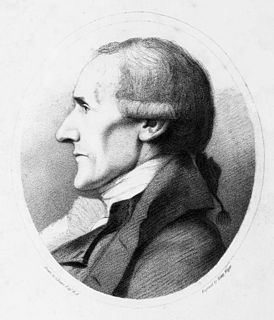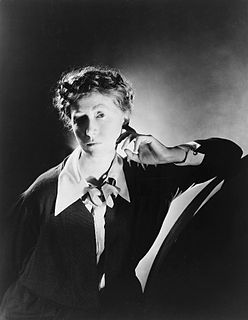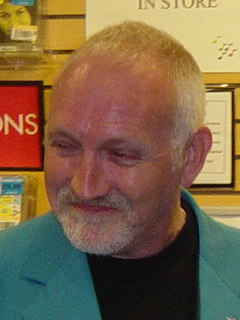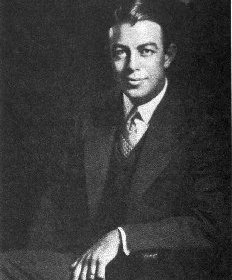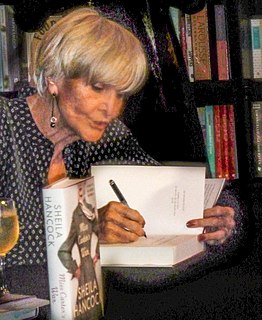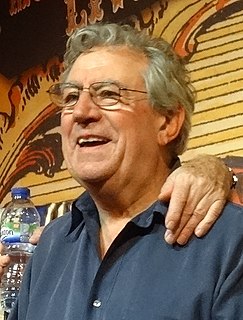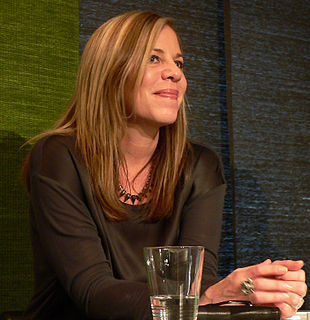Top 66 Nouns Quotes & Sayings
Explore popular Nouns quotes.
Last updated on April 22, 2025.
I was doing a terrible thing in using the very books you clung to, to rebut you on every hand, on every point! What traitors books can be! You think they're backing you up, and then they turn on you. Others can use them, too, and there you are, lost in the middle of the moor, in a great welter of nouns and verbs and adjectives.
Just being able to get paid to do something you love is a wonderful thing. That said, a writer's daily routine, unless you're Dominick Dunne, isn't exactly glamorous. Much of it amounts to drudgery, staring at a computer screen all day in a room by yourself, juggling nouns and verbs to make a demanding editor happy.
There are many, many nouns for the act of looking - a glance, a glimpse, a peep - but there's no noun for the act of listening. In general, we don't think primarily about sound. So I have a different perspective on the world; I can construct soundscapes that have an effect on people, but they don't know why. It's a sort of subterfuge.
I spent months searching for some secret code before I realized that common sense has nothing to do with it. Hysteria, psychosis, torture, depression: I was told that if something is unpleasant it's probably feminine. This encouraged me, but the theory was blown by such masculine nouns as murder, toothache, and rollerblade. I have no problem learning the words themselves, it's the sexes that trip me up and refuse to stick.
There are many similarities between Germans and blacks. The nouns themselves are loaded with so much historical baggage it's impossible for anyone to be indifferent to the simple mention of either group. We're two insightful people looking for reasons to love ourselves; and let's not forget we both love pork and wear sandals with socks.
I want language to help us live in a world of wonder/terror/change. I want it to be about "becoming" rather than "being." I think that being and nouns are part of our hopeless dream that time will stop and we will not die. but it's not that way. So, why not celebrate verbs and the beloved's metamorphosis into other people or creatures or places - the same spirit but moving through things, not static.
Place yourself in the background; write in a way that comes naturally; work from a suitable design; write with nouns and verbs; do not overwrite; do not overstate; avoid the use of qualifiers; do not affect a breezy style; use orthodox spelling; do not explain too much; avoid fancy words; do not take shortcuts as the cost of clarity; prefer the standard to the offbeat; make sure the reader knows who is speaking; do not use dialect; revise and rewrite.
I use are provisional terms, and they usually put any proper nouns in critical distance. I'm in a tradition of people who resist naming, fixity. That means it's a tradition of people who insist on mobility, who defy proper nouns and genres and those kinds of things. When I push back against the word 'jazz' it's because I've learned that from many, many elders who think that way. I'm not just being a jerk.
The worst of this sorry bunch of semi-educated losers are those who seem to glory in being irritated by nouns becoming verbs. How dense and deaf to language development do you have to be? If you don’t like nouns becoming verbs, then for heaven’s sake avoid Shakespeare who made a doing-word out of a thing-word every chance he got. He TABLED the motion and CHAIRED the meeting in which nouns were made verbs
The breakdown of our language, evident in the misuse, i.e., the misunderstanding of nouns and adjectives, is most grave, though perhaps not so conspicuous, in the handling of prepositions, those modest little connectives that hold the parts of a phrase or a sentence together. They are the joints of any language, what make it, literally, articulate.
What is an adjective? Nouns name the world. Verbs activate the names. Adjectives come from somewhere else. The word adjective (epitheton in Greek) is itself an adjective meaning 'placed on top', 'added', 'appended', 'foreign'. Adjectives seem fairly innocent additions, but look again. These small imported mechanisms are in charge of attaching everything in the world to its place in particularity. They are the latches of being.
But oh! the Latin!-Madame, you can really have no idea of what a mess it is. The Romans would never have found time to conquer the world if they had been obliged first to learn Latin. Lucky dogs! they already knew in their cradles the nouns ending in im. I on the contrary had to learn it by heart, in the sweat of my brow.
Anti-Zionists, last of all, exhibit a distaste for certain words. It was Thomas Hobbes who, anticipating semantics, pointed out that words are counters, not coins; that the wise man looks through them to reality. This counsel many anti-Zionists seem to have neglected. They are especially disturbed by the two nouns nationalism and commonwealth, and by the adjective political. And yet these terms on examination are not at all upsetting.
All people in the world - who are not hermits or mutes - speak words. They speak different languages, but they speak words. They say, "How are you" or "I'm not feeling well" all over the world. These common words - these common elements that we have between us - the writer has to take some verbs and nouns and pronouns and adjectives and adverbs and arrange them in a way that sound fresh.
When the copulative kai [`and'] connects two nouns of the same case, [viz. nouns (either substantive or adjective, or participles), of personal description, respecting office, dignity, affinity, or connexion, and attributes, properties, or qualities, good or ill], if the article [ho], or any of its cases, precedes the first of the said nouns or participles, and is not repeated before the second noun or participle, the latter always relates to the same person that is expressed or described by the first noun or participle: i.e. it denotes a farther description of the first-named person.
There's nothing wrong with possessions; it's just that they have value to us only when we use them, engage them, and enjoy them. They're nouns that mean something only in conjunction with verbs. That's why wealth is so dangerous: if you're not careful you can easily end up with a garage full of nouns.
Observations,” he says. “Four imperial Unseelie guards were the only commonality I was able to isolate endemic to both scenes.” They’d been standing, armed, at the dock doors, overseeing the delivery. He gives me a sidewise look. “Wow. That was, like, a whole sentence. With nouns and verbs and connective tissue. Endemic. Fancy word.









